Army Air Force stages large-scale maneuvers in central Iran
The Islamic Republic of Iran Air Force (IRIAF) has undertaken large-scale drills in central Iran, enlisting as many as seven airbases and dozens of manned and unmanned aircraft.
The ninth edition of the drills, codenamed Fada'eeyan-e Harim-e Velayat (Devotees of the Velayat Sanctuary), began on Saturday, with the designated aircraft being scrambled to the central Iranian province of Isfahan’s Shahid Babayi Airbase, which is the main location of the maneuvers.
Speaking on Sunday, the IRIAF’s Commander Brigadier General Aziz Nasirzadeh said the main and operational phase of the drills would begin on Monday.
He identified the whereabouts of the drills as the province’s general area and said the drilling squadrons would be flying Sukho-24 strategic bombers as well as F-4, F-5, F-7, F-14, MIG-29 and the indigenously-manufactured Sa’eqeh (Lightning) fighters during the exercise.
The airpower would be backed by Boeing-707 and -747 tanker planes, and C-130 military transport aircraft as well as the domestically-built Karrar (Striker), Ababil (Bird Flock), Arash, and Kaman (Bow) unmanned aerial vehicles that are equipped with long-range smart bombs, precision-guided missiles, and radar jamming devices.
The maneuvers, Nasirzadeh said, are aimed at “practicing the implementation of operation plans and establishing the right model that would suit real-life battle.”
High points
He said “modern warfare operations that are aimed at confronting the enemies’ emerging threats” will be practiced during the event.
The engaged fighters, the commander said, would also be sent on “long-range operations outside their defensive spheres,” while precision ammunition would be tested in surgical strikes and air-to-air missiles fired to test their high destructive power.
The maneuvers come on the 40th anniversary of the Imposed War, the name given to Iraq’s 1980-88 warfare against the Islamic Republic under the Arab country’s former dictator Saddam Hussein.
The commander said young servicemen would be fielding their prowess during the exercise under the directions of the eight-year war’s veterans.
Nasirzadeh, meanwhile, hailed that the country was undertaking the maneuvers in the face of the enemies’ efforts to adversely affect its operations, including in the defensive area.
“This readiness and capability bespeaks the ineffectuality of the sanctions in the military area. We have been experiencing these sanctions for years and have managed to stand on our own feet,” Nasirzadeh said, noting that it would make no difference for the Islamic Republic’s defensive capability whether the bans were to be lifted or retained.
UN special rapporteur calls for Israel's suspension after UNRWA HQ demolition
Israeli troops fatally shoot Palestinian man in West Bank raid
VIDEO | Minnesota protesters brave cold to rally against ICE in ‘ICE OUT!’ day of action
VIDEO | Italians call on Rome to break off all ties with Israel
VIDEO | Activists gather outside UK arms fair complicit in Gaza genocide
VIDEO | Russian, Palestinian Authority presidents discuss Gaza
VIDEO | Beirut gathering: Lebanese figures back Iranian leadership
Israeli tank fires on Lebanese army during joint UN mission in south Lebanon: Report




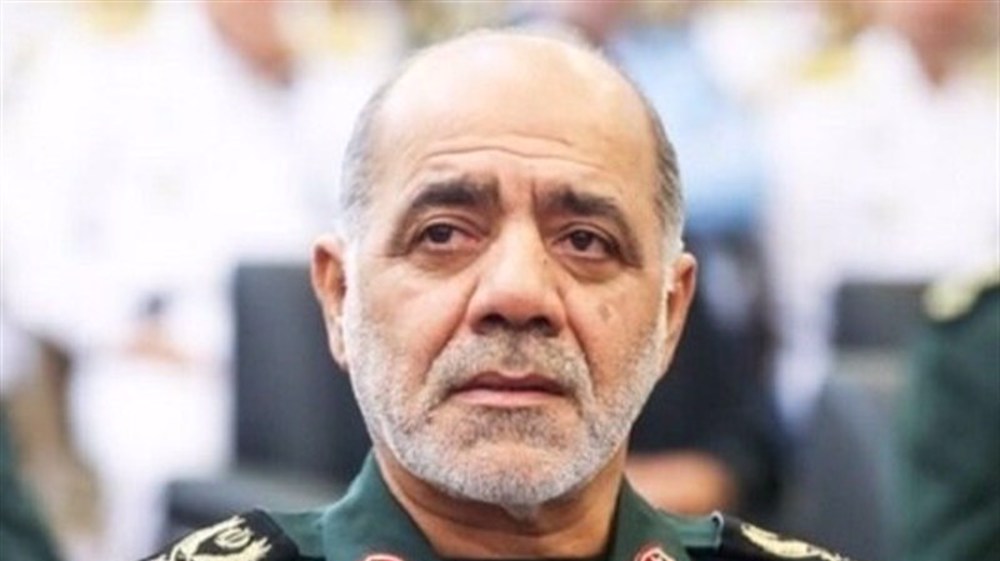
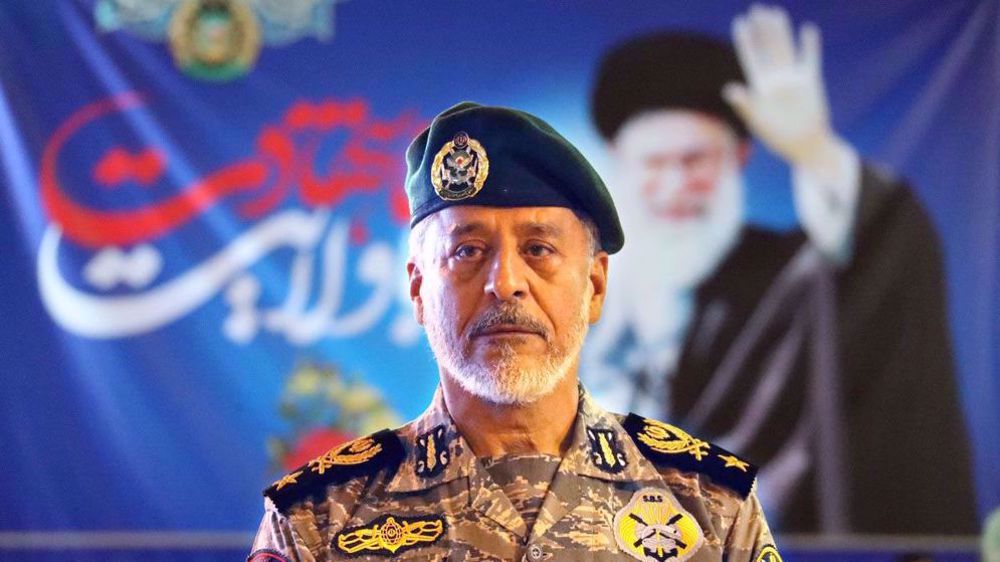
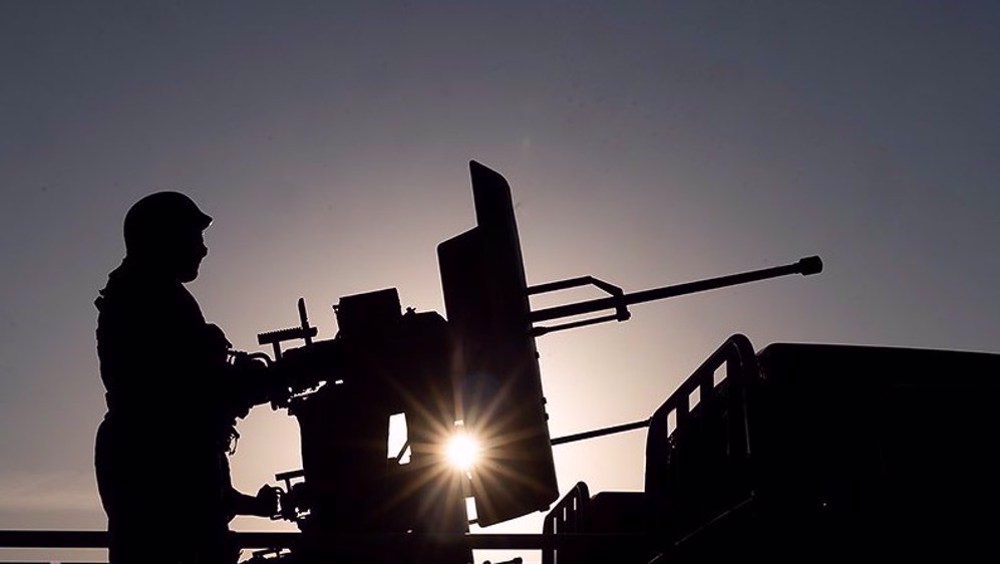



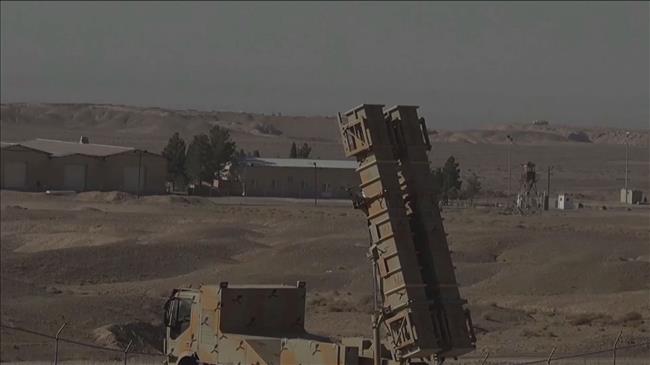
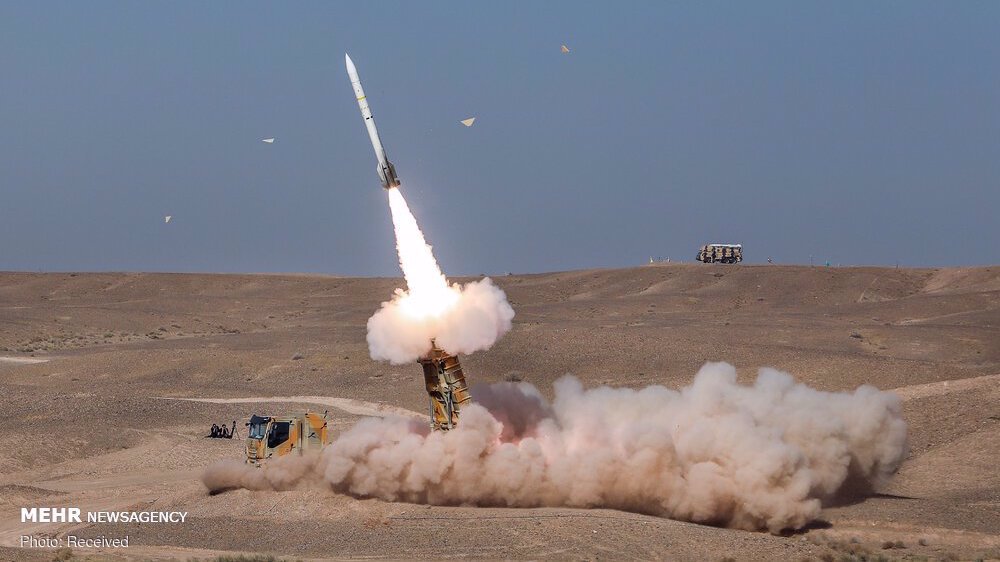
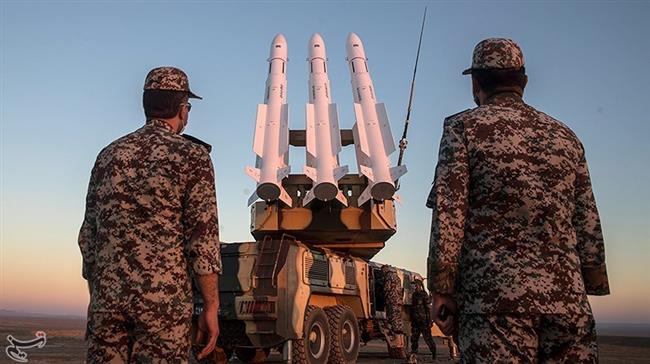

 This makes it easy to access the Press TV website
This makes it easy to access the Press TV website